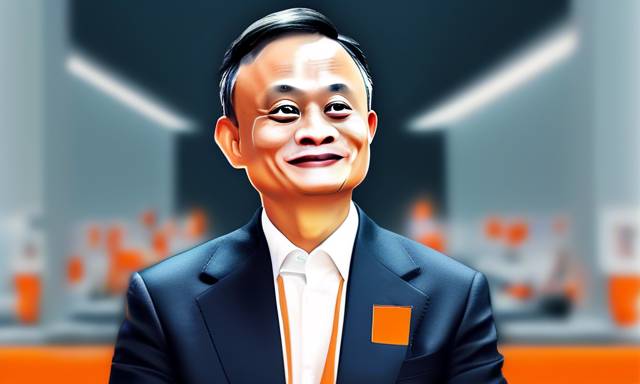Examining the Impact of AI on Apple and Google in a Rapidly Changing Landscape 🌐
In the current technological climate, the integration of artificial intelligence (AI) could be pivotal for tech giants like Apple and Google. As these companies navigate the complexities of AI implementation, their conservative strategies may present both challenges and opportunities. The following insights explore how AI can shape the future of these industry leaders and the competitive threats they face.
AI’s Influence on the Future of Leading Tech Companies 🤖
The dynamic world of technology sees Apple and Google grappling with a significant endeavor: incorporating advanced AI functionalities to uphold their leadership roles in the market. Recent analyses indicate that the future success of these firms hinges on how effectively they can adapt to and integrate these technologies.
Insights shared by leading investment firm ARK Invest, under the guidance of Cathie Wood, highlight that AI promises to be a critical factor for these companies moving forward. Nevertheless, the integration process may prove to be challenging.
A notable white paper authored by Brett Winton, the chief futurist at ARK Invest, outlines how AI might disrupt traditional business approaches at Apple and Google. Winton’s research reveals that these companies often opt to “de-risk” new technologies before fully committing to their broader applications, often permitting smaller startups to take on initial challenges.
For instance, Google only revealed its advanced language model after OpenAI had already established a strong foothold in that domain for more than three years, resulting in its offerings being noticeably behind those of OpenAI.
Winton draws a parallel between the rapid decrease in AI costs to Moore’s Law, noting that expenses to manage AI models are currently decreasing at a remarkable rate—halving approximately every four months. This trend significantly surpasses what has been observed in the semiconductor sector, suggesting that AI could soon be within reach for a plethora of businesses.
Big Tech’s Reserved Strategy in AI Adoption 💡
Both Google and Apple seem to be adopting a cautious stance regarding AI integration. While Google has initiated the implementation of specific language models, it still does not match the performance or cost-effectiveness demonstrated by OpenAI.
Apple, conversely, has yet to unveil a sophisticated language model; however, rumors indicate that AI-driven products may be on the horizon for a potential rollout in the fall of 2024.
Winton has pointed out that such a slow approach does not inherently signal a drop in competitiveness. In fact, postponing the launch of disruptive technologies could serve as a strategic move to mitigate the risks associated with unpredictable product performance that could tarnish their carefully curated reputations.
Nonetheless, Winton voiced concerns that a conservative methodology might inadvertently hinder both Google and Apple from unlocking the true potential of their AI implementations.
He observed that while these companies favor less disruptive alternatives, AI’s transformative nature cannot easily be contained within conventional frameworks.
Challenges and Transformations in the Market 🚀
Disruptive technologies, particularly artificial intelligence, present distinct characteristics that impact how markets evolve.
Key aspects include:
- Substantial reductions in operational costs
- The ability to penetrate underserved or emerging markets
- Business models that often delay profitability, initially making them appear less financially appealing
Despite these hurdles, AI provides pathways for emerging players to rival established firms, fostering a more vibrant competitive landscape.
According to insights from ARK Invest, AI represents not just a chance for existing tech giants to solidify their market positions but also an opportunity for a new wave of innovative companies ready to seize this emerging landscape.
The accelerating pace of AI development compels both Google and Apple to act swiftly, as failure to adapt could result in losing ground to more responsive competitors.
Winton summarized that while established firms like Google and Apple seek to balance their risk with protecting their reputation, they may be at a disadvantage against the rapid advancements in AI.
The swift evolution of AI presents both an opportunity and a challenge for these well-known companies, forcing them to choose between rapid adaptation or potential obsolescence.
In an increasingly competitive environment, with AI technology advancing at unprecedented rates, Apple and Google face a pivotal decision; they can either fully embrace innovation or risk being surpassed by emerging rivals. The implications of AI are profound, with the potential to redefine the entire technology sector and challenge the innovative capacities of the industry’s largest entities.
Sources:





 By
By
 By
By
 By
By
 By
By
 By
By